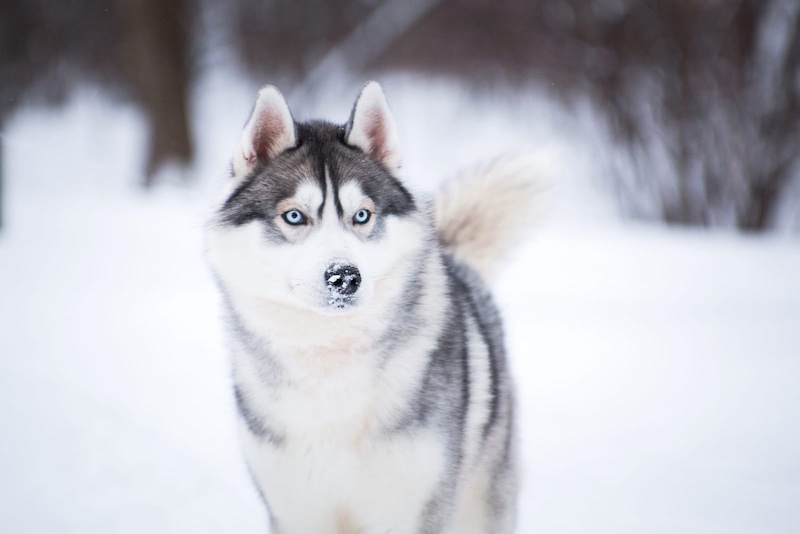Dog bite incidents can lead to serious legal consequences, and certain breeds appear more frequently in legal cases due to their history of aggression or physical strength. While any dog can bite under the right (or wrong) circumstances, statistics from sources like the CDC, the American Veterinary Medical Association (AVMA), and insurance claims data consistently show that some breeds are more commonly involved in legal disputes. Below are ten breeds often cited in dog bite-related legal cases.
Pit Bull Terrier
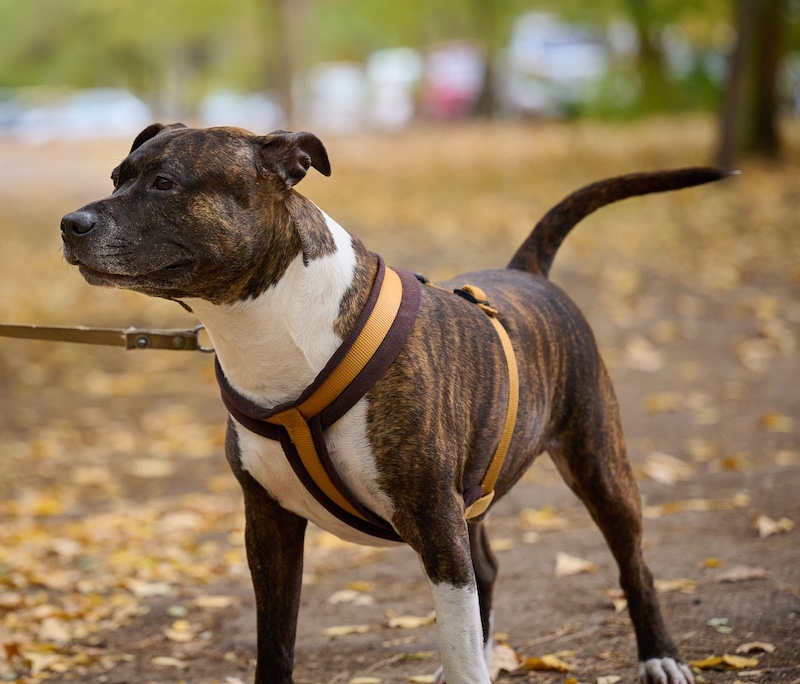
Pit Bulls are consistently at the center of dog bite litigation. According to a comprehensive study published in the journal Animals, Pit Bulls were involved in over 60% of fatal dog attacks in the United States over a 13-year period. Their powerful jaws and tenacity make injuries more severe, which is why they’re frequently involved in legal cases.
Rottweiler
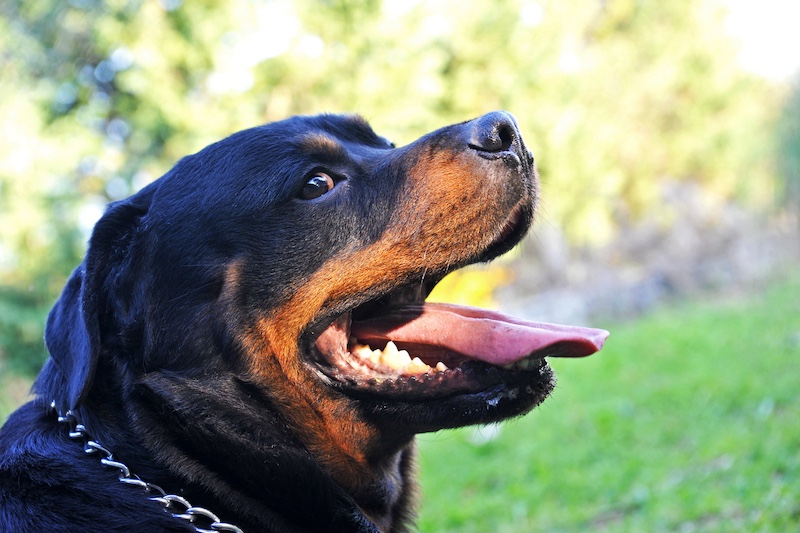
Rottweilers are large, muscular dogs originally bred for guarding and herding. They are the second most common breed associated with fatal attacks, according to data cited by the CDC. Because of their protective instincts and strength, bites from Rottweilers can cause significant harm, often resulting in lawsuits.
German Shepherd
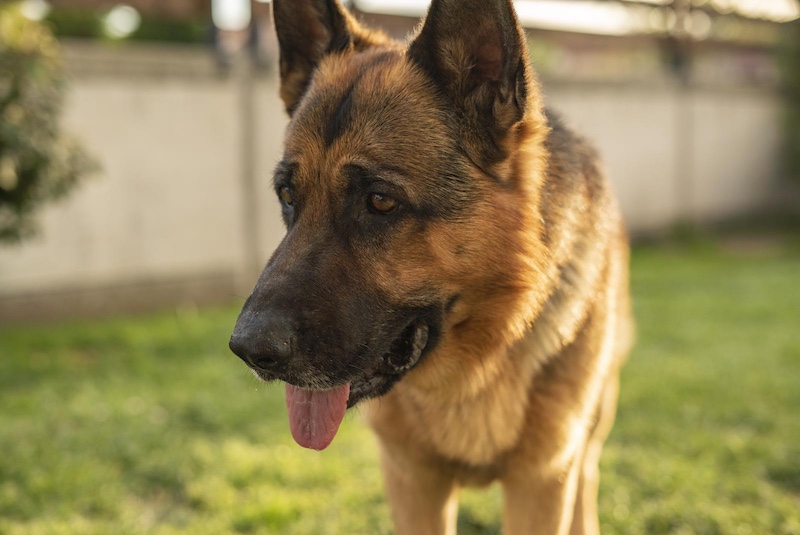
German Shepherds are one of the most popular breeds in America, but they also appear regularly in bite statistics. According to insurance industry data, German Shepherds are among the top breeds involved in homeowners’ liability claims for dog bites. Their size, speed, and bite force make them particularly dangerous when poorly trained.
American Bulldog
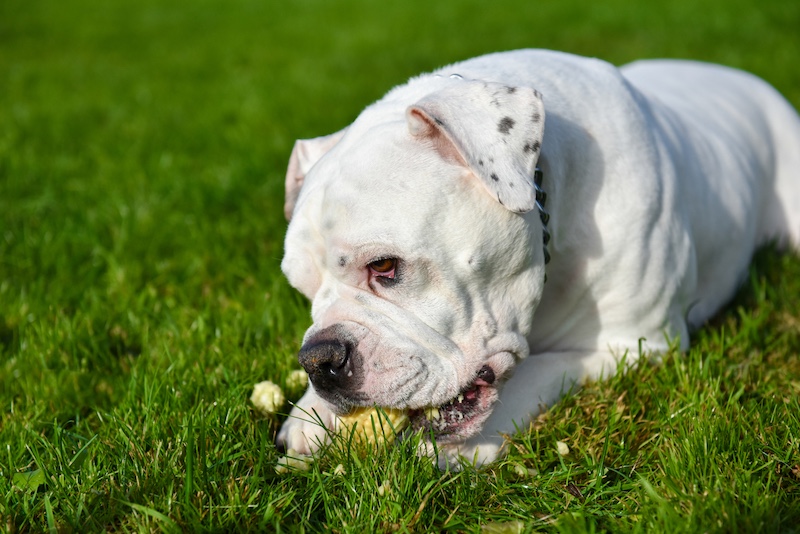
American Bulldogs are often confused with Pit Bulls and share a similar reputation for aggression in legal contexts. Studies published in veterinary journals note that this breed is responsible for a disproportionate number of serious injuries, especially to children. Their presence in bite cases is growing as ownership of the breed increases.
Husky
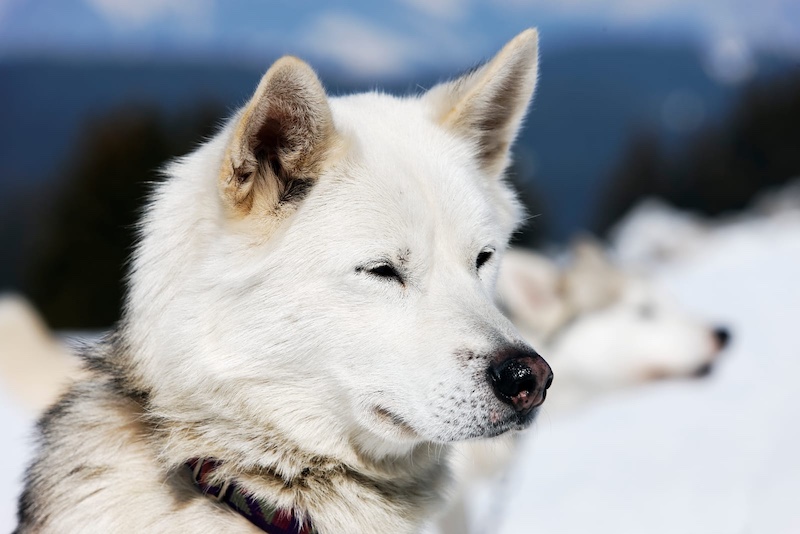
Huskies may not have the same aggressive reputation as some other breeds, but their bite cases tend to involve severe injuries. According to a review of fatal dog attacks in Canada, Huskies were among the top breeds involved in child fatalities. Their high prey drive and energy can contribute to unexpected aggression.
Doberman Pinscher
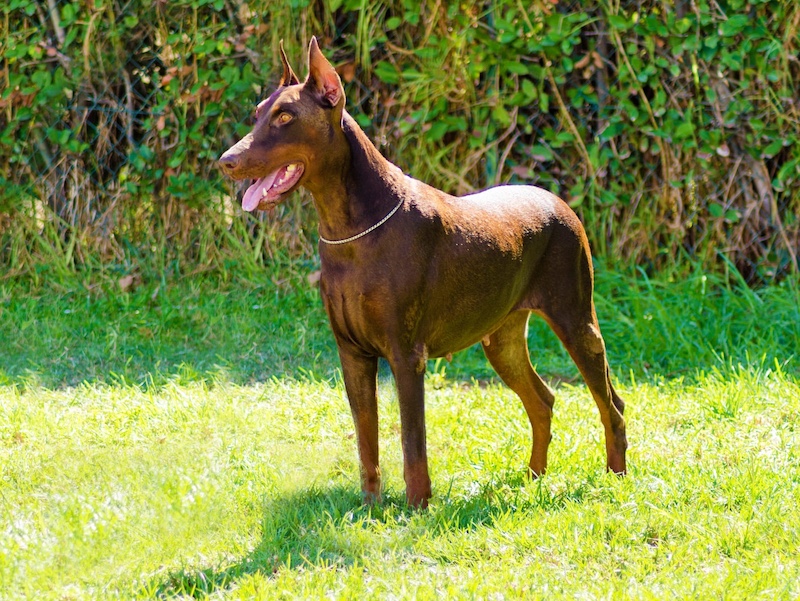
Dobermans have long been known as guard dogs, and their protective instincts can lead to bites if they perceive a threat. The AVMA includes Dobermans in its list of breeds frequently involved in bite incidents requiring medical attention. Their speed and strength amplify the severity of bites, leading to legal action in many cases.
Chow Chow

Chow Chows are independent and can be territorial, traits that contribute to their presence in bite statistics. A study in the Journal of the American Veterinary Medical Association found that this breed has a higher-than-average risk of biting strangers. Their bites are often unprovoked, which complicates legal defenses.
Akita
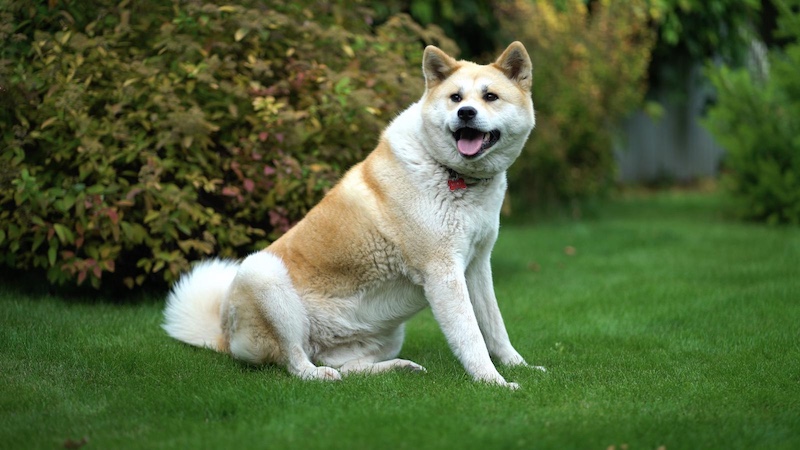
Akitas are known for their loyalty and protective nature, but they are also frequently implicated in dog bite cases. According to bite data compiled by animal control agencies, Akitas are involved in a significant number of reported bites relative to their population. Their large size and aggression toward other animals can lead to liability issues.
Boxer

Boxers are strong, energetic dogs that can be unpredictable when overstimulated. Insurance claim data from dog bite cases show that Boxers are frequently listed in incident reports. Their strength and speed contribute to bites that often result in medical treatment and lawsuits.
Great Dane
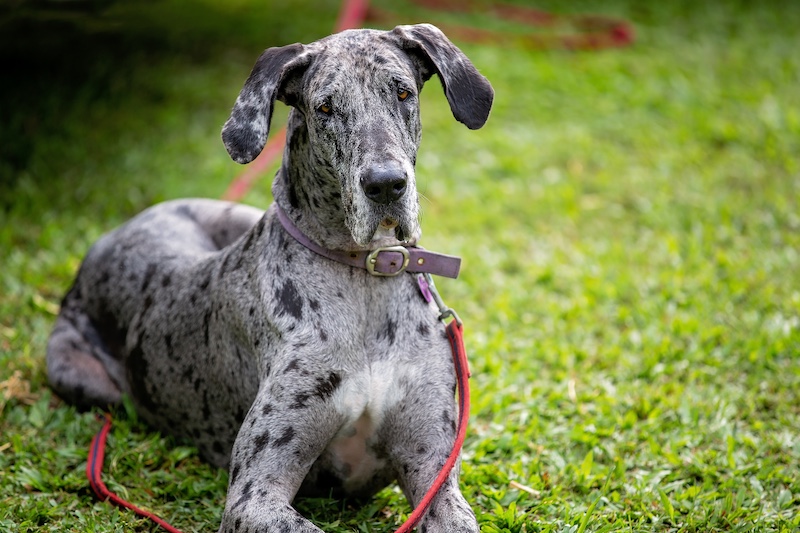
Despite their gentle giant reputation, Great Danes have been involved in several high-profile bite cases. Because of their sheer size and strength, even a single bite can result in serious injury. Data from the AVMA notes that Great Danes are more likely to cause injury due to their physical power, not necessarily aggression.
- Please Note: This content was created with the assistance of AI and thoroughly edited by a human before publishing.

